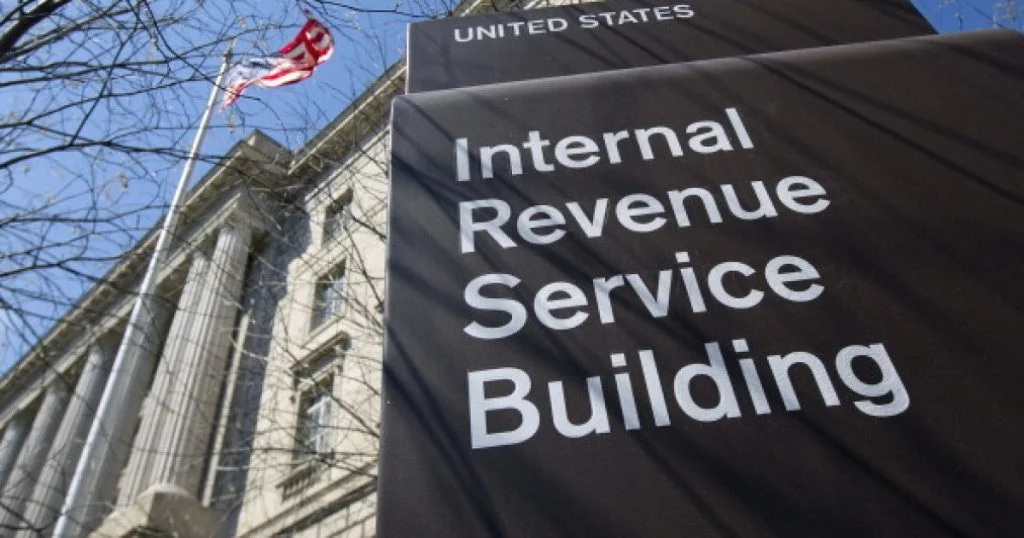The Internal Revenue Service (IRS) set up an undercover account named “Mr Coins” and pretended to be a Bitcoin trader to expose a suspected dark web drug dealer.

According to Forbes, the sting operation is the latest example of the IRS going undercover to uncover crooks, although it is a rare case of the IRS posing as a trader.
Money launderers and dark web drug dealers are increasingly attracted to the crypto industry’s pseudo-anonymous nature, with crypto forensics firm Chainalysis forecasting that $5 billion in payments will be sent and received by illegal groups in 2020.
‘Mr Coins’ of the IRS’s
In June 2020, the IRS advertised on LocalCryptos, with the Mr Coins account offering to acquire Bitcoin at above-market prices via mail. To contact the spoof trader, sellers were told to use the encrypted messaging apps Wickr or WhatsApp.
The ruse worked on alleged dark web drug dealer Chase Hite of Evansville, Indiana, according to a search warrant obtained by Forbes.
Hite paid roughly $180,000 in cash to Mr Coins in exchange for Bitcoin under the name “Lucifallen21” over the course of multiple transactions.
To wrap off the scam, IRS agents stated that a box containing $28,000 in cash from Hite had been confiscated by the Postal Service and listed as lost. They were able to match his call to a phone number he kept when he called to complain.
The alleged dealer was further implicated by fingerprints found on a later delivery. Hite was accused in the Eastern District of New York in July but has yet to enter a plea.
Undercover operations in the IRS
According to IRS guidelines, undercover operations can be justified if they are used to “obtain evidence or information that would otherwise be unavailable but for the target’s reliance on the operative’s covert role.”
Pretending to be a drug dealer on Bitcoin Fog—a long-running service to anonymize transactions that were popular with dark-web dealers—and posing as a seller of counterfeit Gucci gear to expose the operator of an unlicensed money transmission business that exchanged cash for Bitcoin were two previous IRS snares.
Criminals have long utilized the crypto environment, which is known for its anonymity and privacy-centric attitude, to obscure their activities.
It’s now a prime hunting area for undercover IRS officials looking to expose them. It’s a case of quid pro quo.
